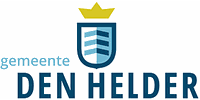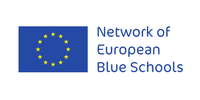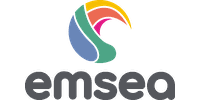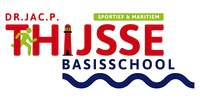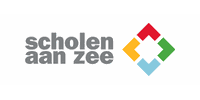We live on a blue planet. Our planet has one ocean, without which, life as we know it would simply not exist. Despite sharing a vast coastline and maritime history, many European citizens are not aware of the importance of the ocean and the opportunities it offers us – how it regulates the climate, how it produces much of the oxygen we breathe and the food we eat, and supports human livelihoods and wellbeing.
A paradigm shift is needed to reorient society towards valuing the riches of the ocean, so that it can continue sustaining life. Education is a key agent in this transformation, by equipping citizens with knowledge, skills, and competencies to secure a vibrant and sustainable European Blue Economy and a healthy ocean for us all.
The Blue School Program was launched in recent years with the ambition to educate pupils and inspire them to make informed decisions towards the marine environment and its resources. It responds to the lack of ocean-related content in the European curricula. How can a student be science literate without being ocean literate? The subjects that teachers bring into the classroom will also affect the future career choices and lives of pupils. To build a sustainable blue economy, students need to be aware of the cultural maritime heritage, and the economic and employment opportunities.
All schools are invited to become agents of change and sustainability by taking the ocean into their classroom, helping to make it everyone's concern, no matter if you live near the coast or not.
In 2020 the first EU Blue School, Dr.JAC.P. Thijsse Basisschool, was certified in Den Helder by EuroCommissioner Virginijus Sinkevičius during the European Maritime Days. The collaboration between the Network of EU Blue Schools and the city of Den Helder resulted in the certification of another blue school in Den Helder, Scholen aan Zee. These schools in Den Helder are now the ambassadors of the EU blue school program. They exhibit how schools can successfully collaborate with the local maritime sector and how teachers can engage their students actively on different ocean projects despite the curriculum restraints.
At the conference, you will learn to champion the concept of project education and open schooling – encouraging the development of local partnerships. The different Seatalks and workshops by ocean experts take you on an ocean journey, both inside the Fort and outside on the beach. You will discover a wealth of useful resources and best practices on marine education for in the classroom to inspire you, and find what connects you and your school to the sea. The different activities will support teachers across all teaching levels (primary and secondary) and disciplines to bring the ocean to their classrooms, whether through science, technology, economy or the another subject.
